How do you grab attention for a new small electric vehicle (EV) in a sea of similar cars hitting the market from Asian manufacturers? Easy: you slap it with a badge that links it to the world’s first mass-produced EV, the Nissan Leaf hatch.
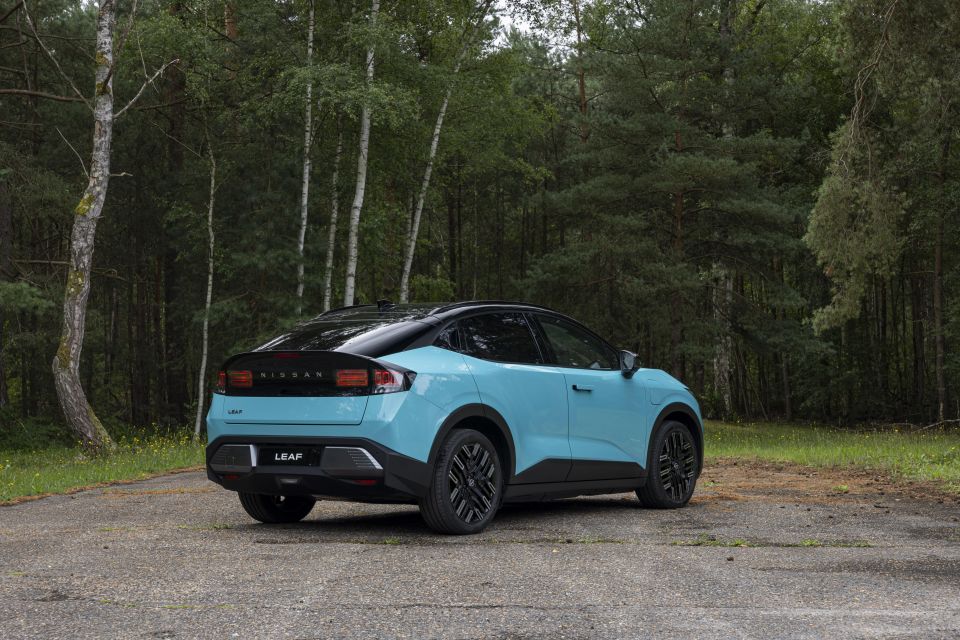
At first glance, that’s about all the new SUV-shaped Leaf shares with the first two generations of the nameplate. But despite the body style reinvention, the new Leaf was developed with efficiency to the fore.
Hence Nissan’s obsession with aerodynamics and the new look. It’s a design full of interesting detail and more than a hint of the Nissan Z sports coupe when viewed from the back.
The headline figure is a range of up to 600km on a single charge, but can Nissan keep the price sensible?
We won’t know that answer until closer to the Leaf’s arrival in Australia in 2026, but we did get a chance to drive a pre-production prototype version of the car to its limits at a special World Car of the Year jurors’ day in France.
How much does the Nissan Leaf cost?
We’ll have to take a bit of a guess at this one, as Nissan hasn’t announced pricing for the Leaf in any market yet.
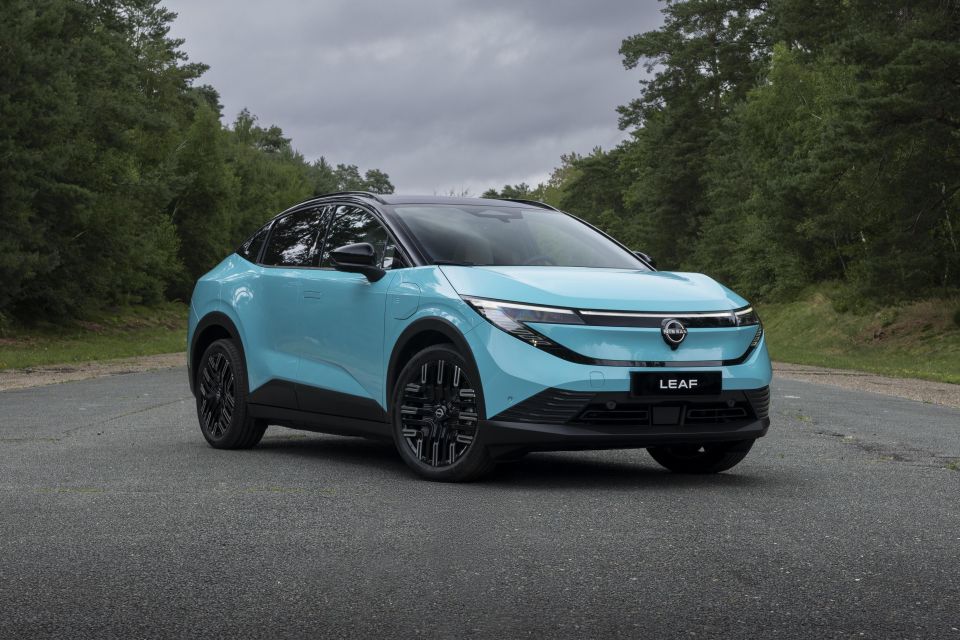
Given the circa-$60,000 drive-away starting price of the larger Nissan Ariya mid-size electric SUV, we’d wager the new Leaf will start from around $45,000 for the entry-level variant with the smaller battery (if it’s even offered Down Under).
For the higher-spec versions like the one tested here with the big battery and all the bells and whistles, we’re expecting the sticker to be closer to $60,000.
To see how the Nissan Leaf lines up against the competition, check out our comparison tool
What is the Nissan Leaf like on the inside?
Despite being 140mm shorter than its predecessor, the new Leaf is more spacious inside thanks to clever packaging.
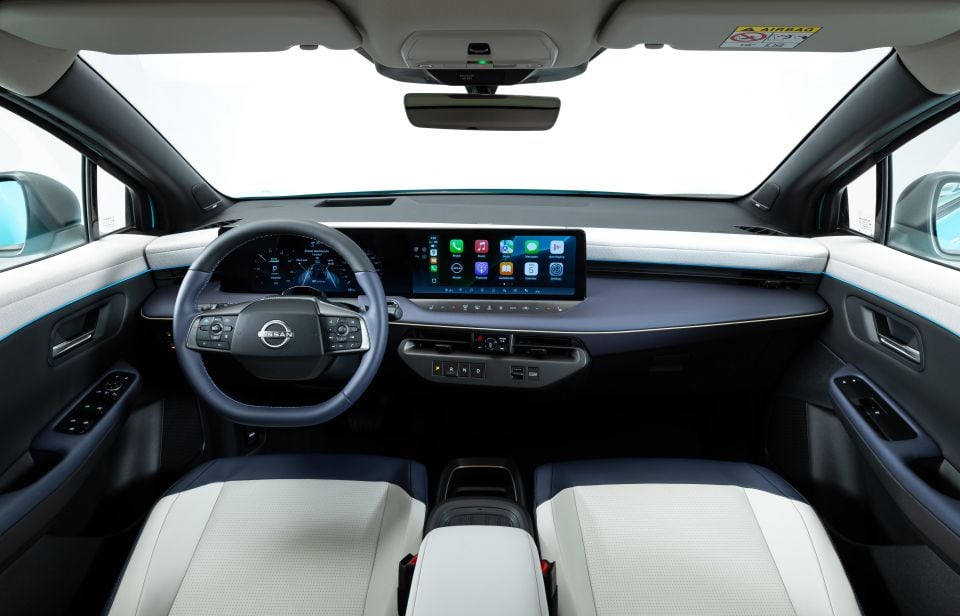
Nissan has tucked the heating and ventilation system under the bonnet, freeing up cabin space – though this does mean there’s no front storage compartment (or ‘frunk’) – which you can really appreciate from the front seats.
The cabin takes heavy inspiration from the larger Ariya, with an airy open-plan feel up front and neat touches throughout.
The materials used aren’t perhaps quite as premium to the touch, but the new Leaf is far nicer inside than the old one. Our high-spec test car featured light-and-dark synthetic leather upholstery, and a panoramic glass roof that dims at the touch of a button (featuring a dinky little ‘Leaf’ logo within).
Added to that are a pair of 14.3-inch screens stuck together using a slick, Google-powered infotainment setup with more features than any owner will discover in a few years of ownership.
Practical touches include generous door bins, a large centre console featuring a useful wireless charging pad, ISOFIX child seat mounts in the outer rear seats, and a boot that’s 50 litres bigger than before at 437L.
There’s also space under the boot floor for charging cables or whatever takes your fancy, and the back seats fold down if you need to carry larger items.
While front-seat passengers get loads of space, when you sit into the rear you’re abruptly reminded that this is not a big SUV. So yes, two adults will fit back there, but three would be a squeeze, and anyone with big feet will notice there’s not much space under the front seats.
Still, the tape measure says there’s more room back there than in the old Leaf, so we can’t complain too much.
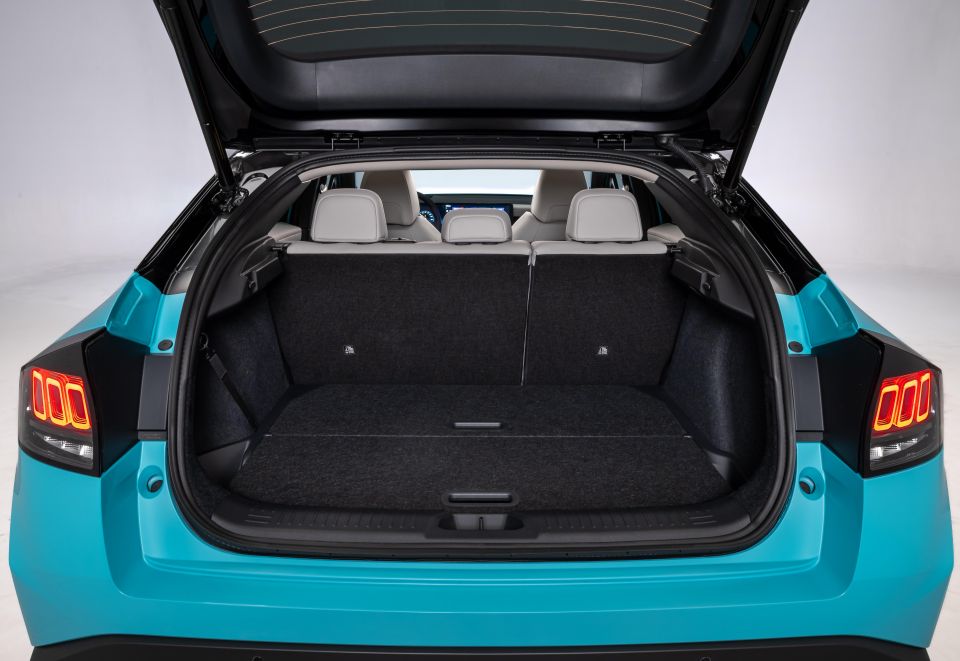
| Dimensions | Nissan Leaf |
|---|---|
| Length | 4350mm |
| Width | 1810mm |
| Height | 1550mm |
| Wheelbase | 2690mm |
| Cargo capacity | 437L |
To see how the Nissan Leaf lines up against the competition, check out our comparison tool
What’s under the bonnet?
The Nissan Leaf is based on an electric-only platform – ‘CMF-EV’, shared with the Ariya – with the motor mounted up front for front-wheel drive and, in Europe at least, a choice of power outputs and battery capacities.
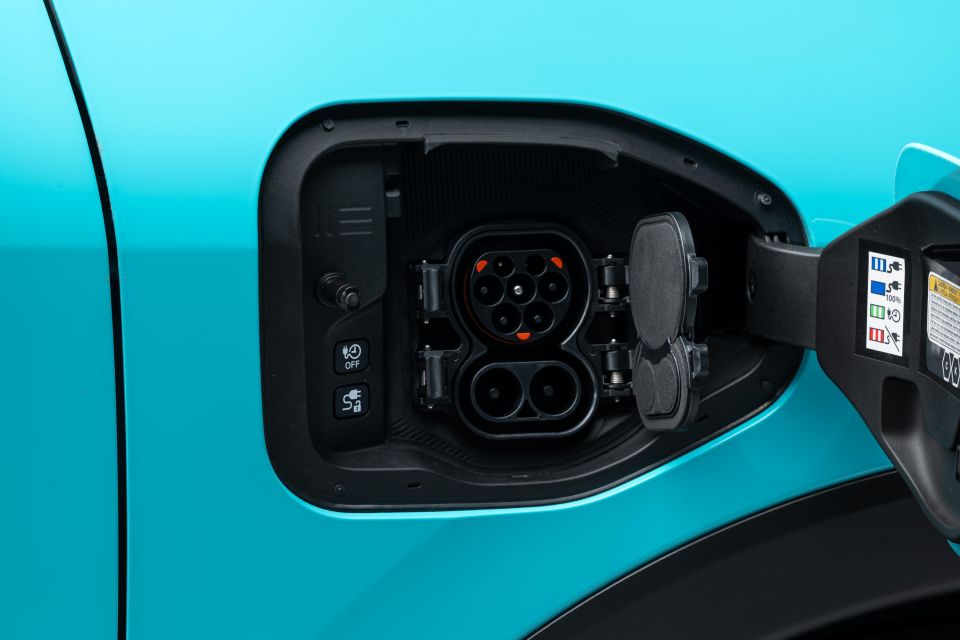
| Specifications | Nissan Leaf |
|---|---|
| Drivetrain | Single-motor electric |
| Battery | 75kWh lithium-ion |
| Power | 160kW |
| Torque | 355Nm |
| Drive type | Front-wheel drive |
| 0-100km/h (claimed) | 7.6 seconds |
| Energy consumption (claimed) | 14.2kWh/100km |
| Claimed range | 604km – WLTP |
| Max AC charge rate | 11kW |
| Max DC charge rate | 150kW |
Tested here is the 75kWh model with the 160kW motor. The entry-level variant gets a 52kWh battery feeding a 130kW version of the same electric motor.
Official WLTP figures rate the 75kWh Leaf’s range at 604km and the 52kWh version at 436km. Nissan’s own 130km/h test at relatively low temperature (10 degrees celsius) saw 330km and 224km, respectively, which are promising numbers for Australian highway use.
Charging speeds are up on the old Leaf and the outdated CHAdeMO system has been consigned to history. The small battery takes AC charging at up to 7.4kW and DC fast-charging at up to 105kW, via which it’s good for a 20-80 per cent top-up in under 30 minutes.
The 75kWh pack supports 11kW AC and 150kW DC charging, resulting in the same 30-minute 20-80 per cent window. Vehicle-to-Load (V2L) capability is standard, while Vehicle-to-Grid (V2G) is planned via a future software update.
To see how the Nissan Leaf lines up against the competition, check out our comparison tool
How does the Nissan Leaf drive?
Refinement is a standout. Aerodynamic tweaks, including a flat underbody and the shape of the rear window (though we don’t like that there’s no wiper), help deliver a quiet cabin even close to the quoted 160km/h top speed.
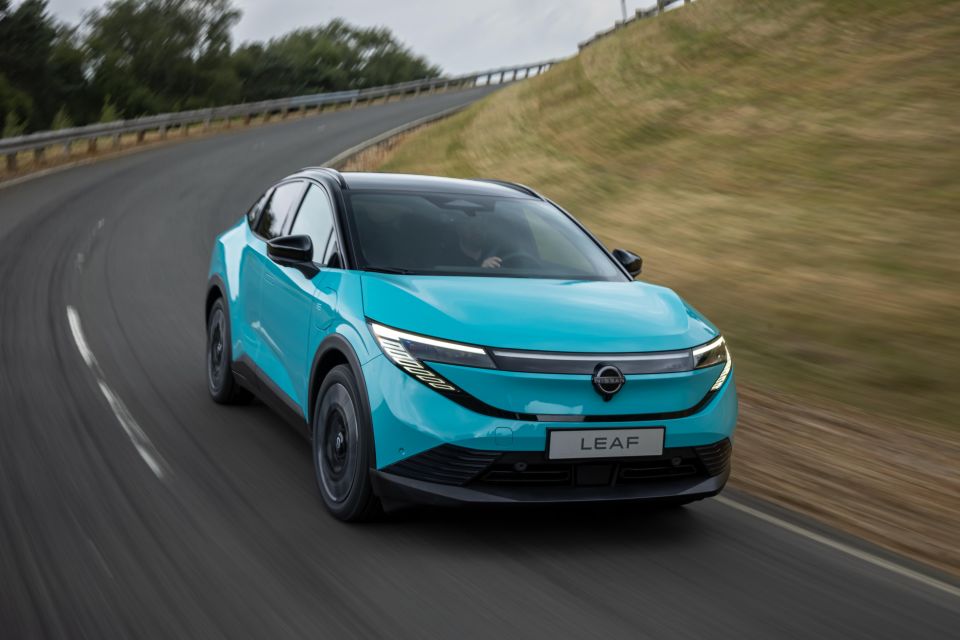
On our limited test loop – a smooth, if varied track – the Leaf felt stable, predictable and composed through sweeping bends and perfectly capable of dealing with a bit of exuberance in the tighter corners.
The steering is accurate, if slow, and body control is well-judged, though the new Leaf stops short of being engaging or actively involving for keener drivers. Push too hard and the traction control quickly reins in wheelspin when accelerating out of tighter corners.
Ride comfort over bumps will need a proper road test to assess, but the Leaf shrugged off crests and undulations without fuss, quickly regaining its composure even when driven as quickly as the closed circuit allowed.
The chassis tune is a mature one with great sophistication built in, helping give the Leaf a grown-up feel that belies its compact dimensions.
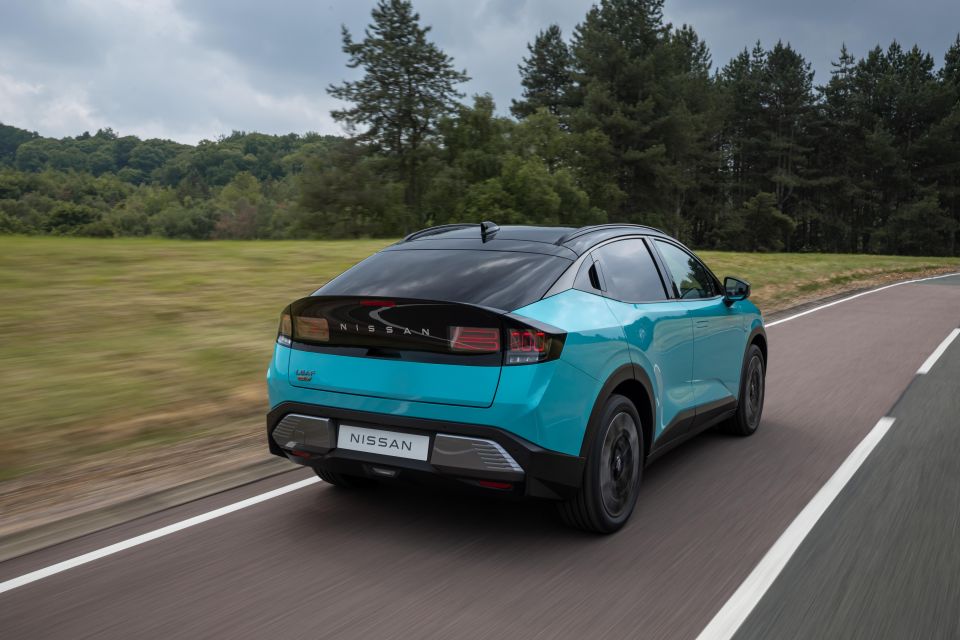
The brakes are progressive, while the regenerative braking can be adjusted via the paddles behind the steering wheel or set for one-pedal driving with the e-Pedal button.
There are Eco and Sport driving modes either side of the default Normal setting and they do what you’d expect, the former dulling response to accelerator input in the name of efficiency, while Sport mode brings sharper responses.
The claimed 0-100km/h time of 7.6 seconds seems entirely believable, and is swift enough for anyone without drawing expletives from your passenger whenever you put your foot down.
Given the nature of this test drive, it wasn’t possible to get an accurate feel for the new Leaf’s efficiency or range. We’ll test those capabilities when we drive it on public roads later this year.
To see how the Nissan Leaf lines up against the competition, check out our comparison tool
What do you get?
While Australian specs are still to be confirmed, and we don’t yet know if all four versions confirmed for Europe will be offered Down Under, here are some of the highlights.
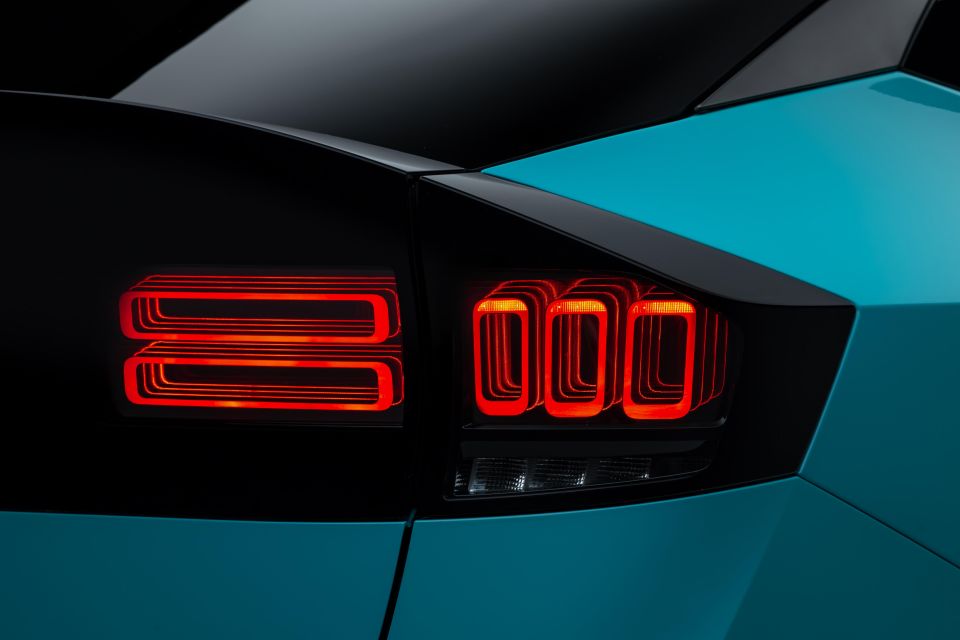
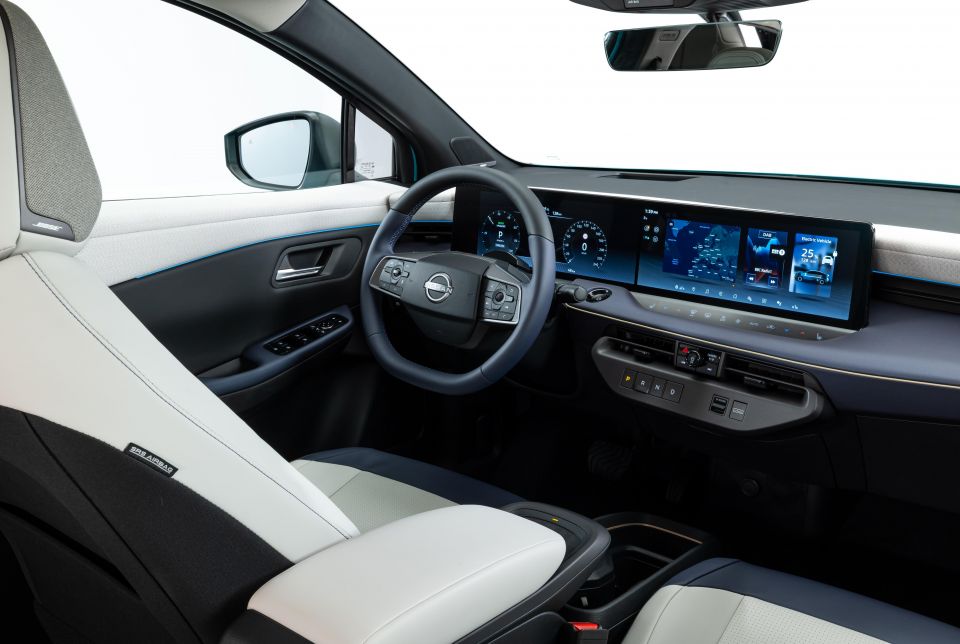
2026 Nissan Leaf equipment highlights:
- Dual 14.3-inch displays
- Wireless phone charging
- Panoramic dimmable glass roof
- LED exterior lighting
- Multiple drive modes
- Adjustable regenerative braking with paddles
- ISOFIX child seat mounts (outer rear seats)
- 19-inch alloy wheels
- Bose driver’s headrest speaker
- Apple CarPlay and Android Auto
To see how the Nissan Leaf lines up against the competition, check out our comparison tool
Is the Nissan Leaf safe?
The new model hasn’t yet been assessed by ANCAP or Euro NCAP. The previous two Leaf generations scored five stars, and Nissan is clearly aiming for the same result here, with a full suite of active safety features expected as standard.
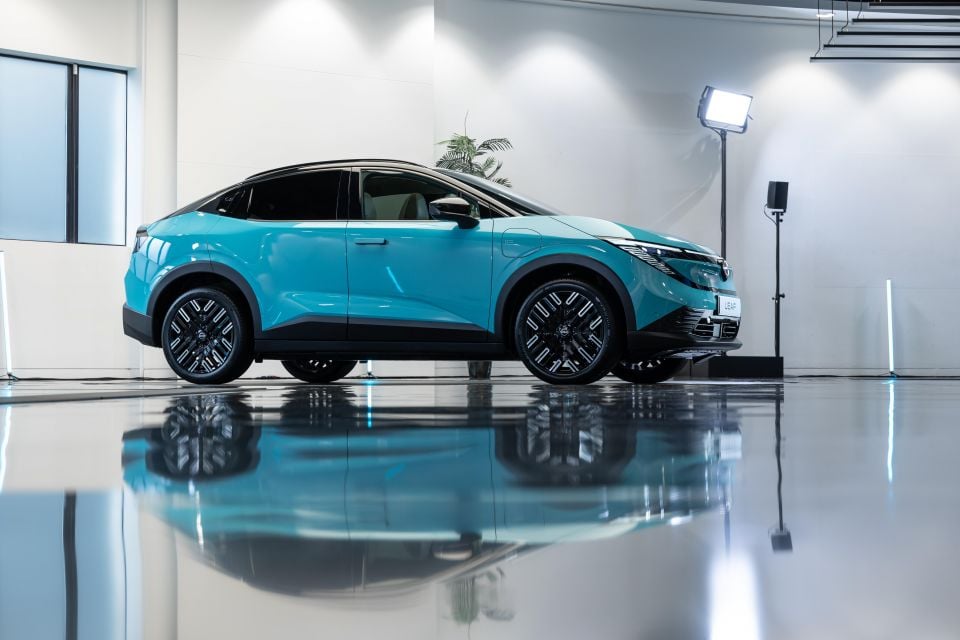
Standard safety equipment includes:
- ProPilot driver assistance system
- Adaptive cruise control
- Lane centring assist
- 3D Around View Monitor
To see how the Nissan Leaf lines up against the competition, check out our comparison tool
How much does the Nissan Leaf cost to run?
The Nissan Leaf is expected to be covered by the Japanese brand’s standard five-year vehicle warranty with unlimited mileage, with up to 10 years or 300,000km of coverage available if you service the car at an authorised Nissan dealer. A separate eight-year/160,000km warranty is expected for the battery pack, as per the Ariya.
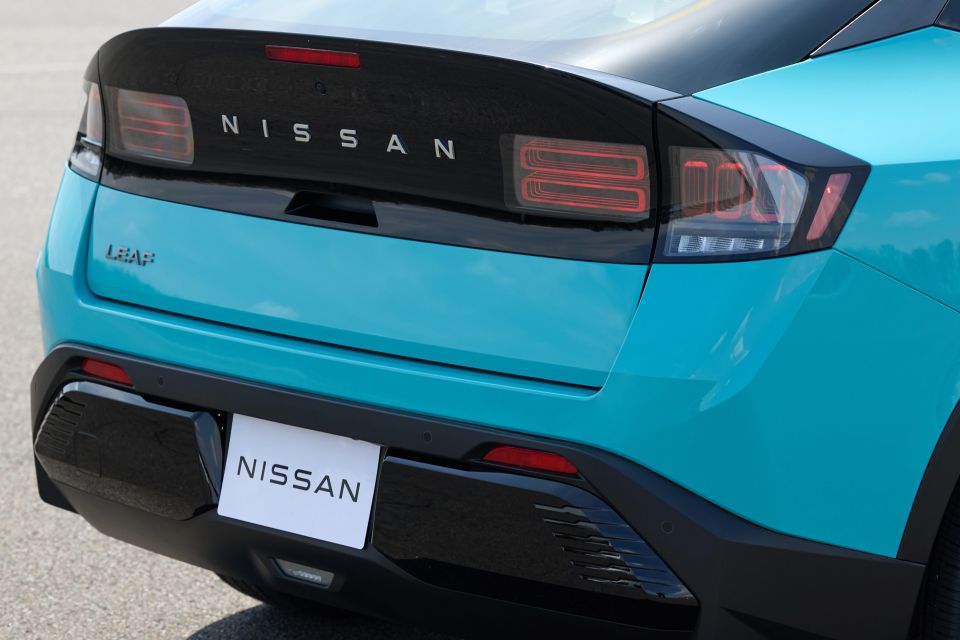
| Servicing and Warranty | Nissan Leaf |
|---|---|
| Warranty | 5 years, unlimited kilometres – standard 10 years or 300,000 kilometres – service activated |
| Roadside assistance | 1 year |
| Service intervals | TBC |
| Capped-price servicing | Up to 10 years |
| Total capped-price service cost | TBC |
To see how the Nissan Leaf lines up against the competition, check out our comparison tool
CarExpert’s Take on the Nissan Leaf
Pray that Nissan Australia can keep the Leaf’s price down, as it’s a massive step up from its predecessors in every respect.
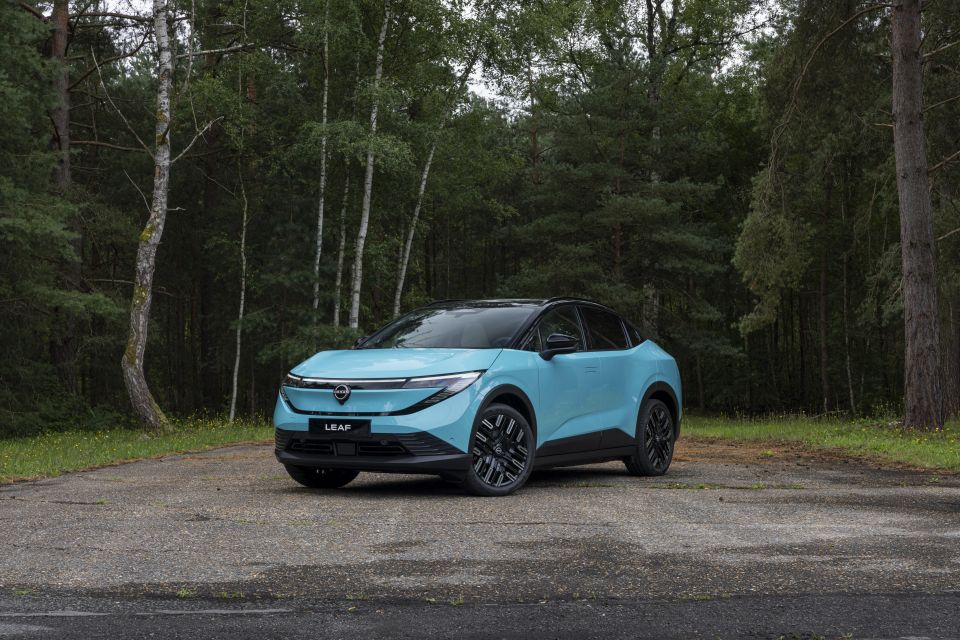
We like the new crossover style, and the enhanced cabin practicality and technology, while the overriding impression from our first drive is the noteworthy refinement, smoothness and maturity.
If Nissan’s efficiency claims are repeated in the real world, the new Leaf could be as much of a game-changer as the original.
CarExpert can save you thousands on a new Nissan Leaf. Click here to get a great deal
Click the images for the full gallery

